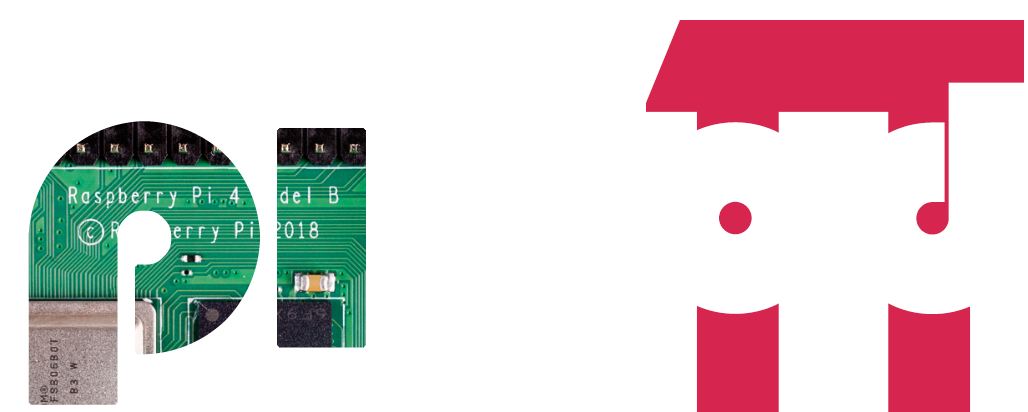I love spotting these new Kickstarters that are Raspberry Pi-related. It just goes to show that there are commercial applications for the Pi that can still expand on the educational values of the Foundation. Recently, I featured the MotorPiTX, which was a motor board and power supply for the Pi. This board blew away it’s target and I’m hoping the same thing will happen with Andrew Bakin’s Laika Explorer Board. See the Kickstarter or view the project site.

Here’s some summary information on Laika from the Kickstarter page:
The Laika platform allows control of motors, switches, lamps, robots and more using Scratch, Python or C on your Raspberry Pi.
The system is simple, and anyone can start by using the Scratch programming language to control hardware in a matter of minutes: download the drivers, plug in the USB cable and Scratch away!
All this whilst being powerful and flexible enough to meet the needs of advanced users – a high-speed, reliable design with a variety of programming interfaces.
The Laika Explorer board is well suited to people who want to learn how to control hardware like motors, LEDs and sounders, by developing software graphically in Scratch on the Raspberry Pi. This will be supported by the online Laika tutorials and forums to guide novices.
For advanced programmers, the Laika Explorer provides a quick way to prototype and develop technical projects by calling functions from the Laika library to manage the hardware fast and efficiently.
The Laika Explorer board (which is connected to the Pi via USB) gives you:
- 2x analogue and 4x digital inputs – to connect sensors, switches and other input devices.
- 7x digital outputs – to control LEDs, motors, sounders and other output devices.
- 2x H-Bridge motor driver circuit – to allow two motors to be driven in forward, reverse or brake, ideal for creating robots and buggies.
- 4x built-in switches – to allow convenient interaction between hardware and software.
- 7x indicator LEDs – present on each digital output for easy diagnostics.
It is expected that easy-to-drop-in add-on expansion modules will be made available.
One of the most important things about this board, which is being developed by Nottingham-based Eightdog, is that they have partnered with Kitronik who already produce extensive learning material and teaching resources alongside their
existing products, and Laika will be included in this. Kitronik will be providing video lesson plans for schools to allow teachers to use the hardware in a lesson with no previous experience. This is especially important with the introduction of the UK’s new Computing GCSE which may very well find a use for the Laika.
Read the Laika Explorer Kickstarter page here
The Foundation covered this story here







